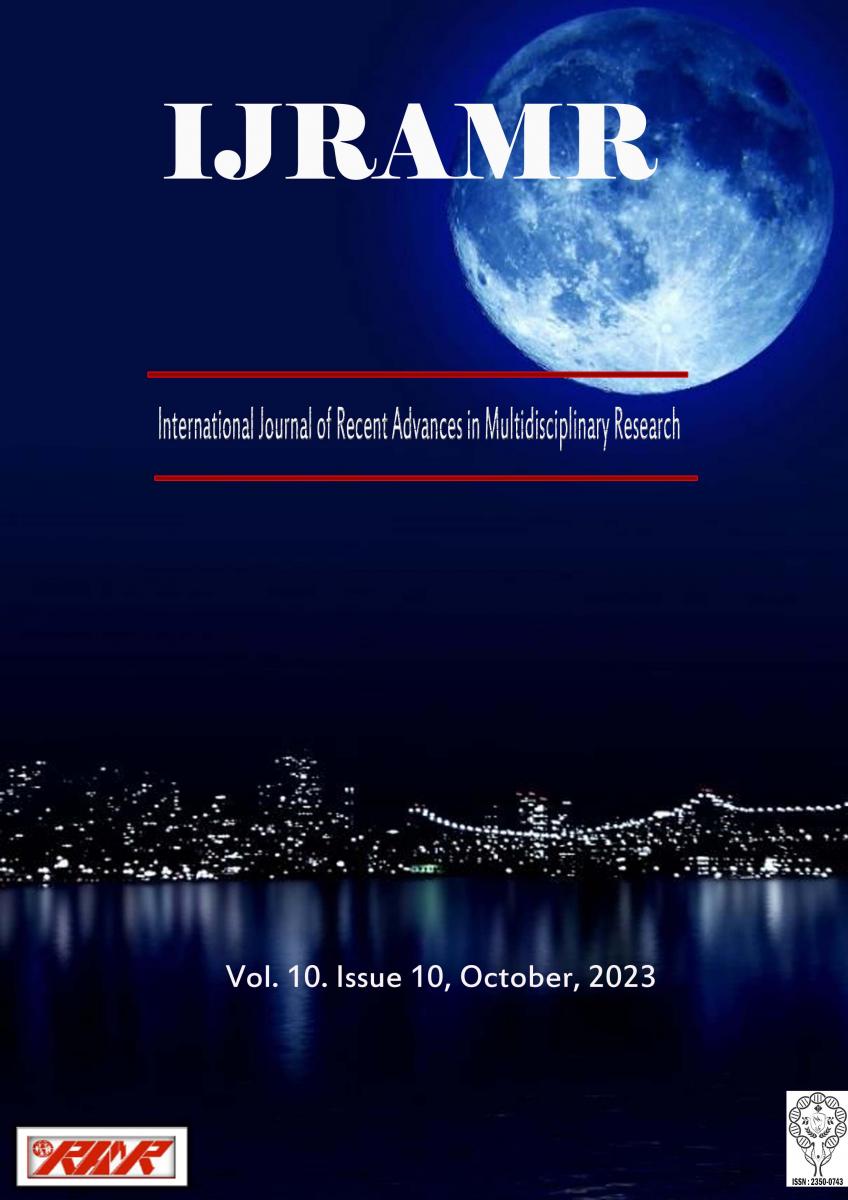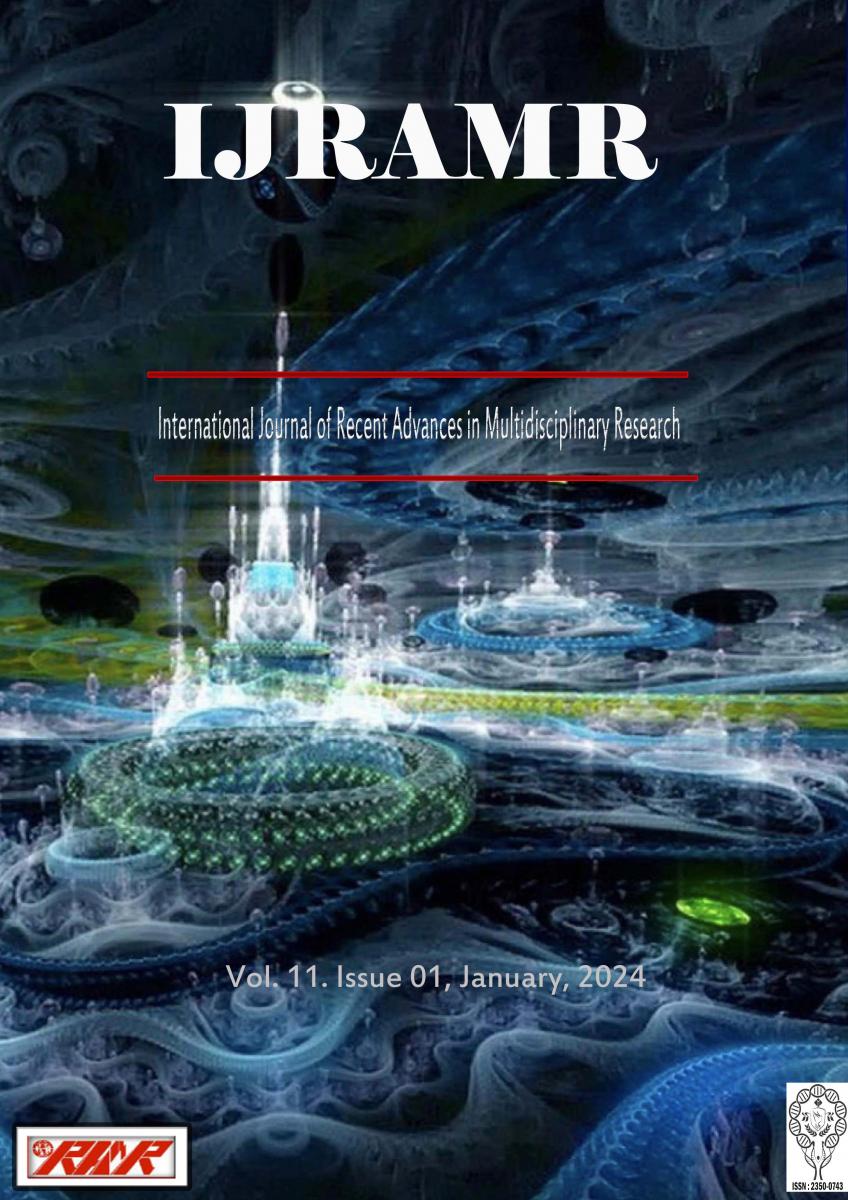Introduction: A large proportion of the public in some countries are known to patronize the private sector for their health needs, and some users even consider these services to be more attractive. Objective: The study aims to explore the experiences and issues associated with private health service delivery among private health practitioners in Nigeria. Methodology: A descriptive cross-sectional study was carried out among private health professional at two national events, using self-administered semi-structured questionnaires. Data obtained was formed into tables and analysed using the IBM Statistical Package for the Social Sciences (SPSS) version 20.0. Results: Eighty-one (48.8%) respondents used rented facility for their private healthcare practice. The net worth of private health facilities (all-inclusive in naira) was stated by 53 (31.9%) respondents to be less than 10 million (23,980.24 USD). While some new health facilities were being established, others were closing down for various reasons. There were some concerns expressed on multiple taxations,third-party mode of payment/health management organization (HMO), public power supply and security in area of private health businesses. It was the wish of 89 (53.6%) respondents that government should provide enabling environment for private health businesses to thrive. Conclusion: Small-and-medium-size businesses that used rented apartments with a relatively low net worth dominated the private healthcare industry. Some of such businesses have failed for several reasons. We advocate for healthcare reforms in Nigeria that should encourage growth in the private health sector.






